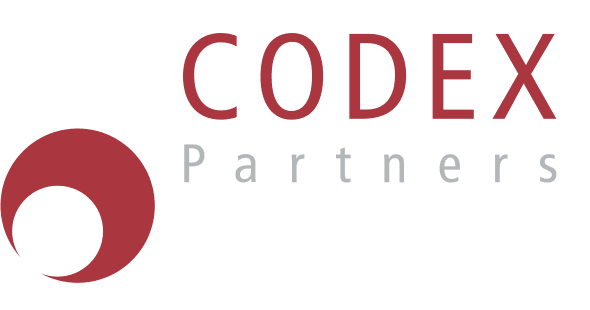To tap the company’s full potential is the main goal of every shareholder and company management. This involves operational improvement measures along the entire value chain: sales and marketing, production, procurement as well as the administration of the company (overhead).
Which customers are attractive and accessible to me? How can I address them? Through which channels can I reach them best, and how can I open up these channels? Which form of marketing do I choose? Do I need my own sales force or sales representatives? And how do I lead and control my sales force? These questions may sound simple at first and they are simple in some cases. Sales is the ‘professionalisation of commonplace things,’ said a long-standing director of Würth. But to design the right sales concept is by no means easy – and to implement this concept on a daily basis is even harder. Within the overall function of sales, success mainly depends on the quality and motivation of employees.
Marketing must be designed parallel to sales development, as both areas need to be aligned. The 4Ps are crucial: product, place (or channel), promotion (or advertising), price.
We frequently help companies optimise their sales approach and organisation as well as design their marketing. Programmes are developed, for instance, to increase sales and restructure external and internal sales and service organisations. We develop alternative distribution channels as well as new pricing and marketing programmes. We coach sales teams with experienced sales trainers – and we make sure that marketing budgets are used efficiently.
Our experience is that many companies tend to build up costly structures over time, especially in periods of growth, which turn out to be too expensive later. These structures must be critically reviewed from time to time.
We assist our clients on a regular basis in this review. We are specialised in overhead cost reduction and procurement optimisation.
We use IT-based tools to analyse, develop, evaluate and track the measures.
Our approach is to implement the identified savings together with our clients. This may actually mean that we perform tenders for our clients and negotiate with the suppliers, which also implies that our success is measurable in such projects.
In general, our many completed organisation projects have shown that the following key organisational principles prove valid (even though we have not ‘invented’ them ourselves):
In this context, we support our clients in realigning and optimising structures and processes, introducing systems that create higher transparency and efficiency, undertaking operational change and restructuring as well as allocating responsibilities, communication and change management.
Our team has many years of experience in the area of implementation management and in medium-sized companies (SMEs). We are accustomed to working with client teams and combine analytical skills with project management skills, using proven planning and reporting tools to help us.
